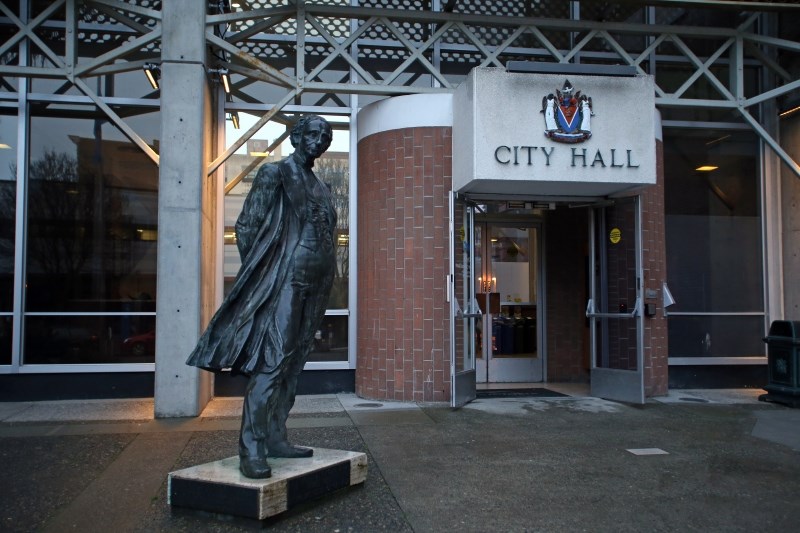Worried for the safety of sex-trade workers, Victoria council wants the federal government to kill the controversial Bill C-36.
Councillors agreed this week to write to Prime Minister Stephen Harper and other federal government representatives in support of PEERS’s position that the bill is fundamentally flawed and urge that the Senate reject the bill.
Bill C-36, the Protection of Communities and Exploited Persons Act, was tabled in June by Justice Minister Peter MacKay and is now being reviewed by the Senate.
The law imposes fines and jail sentences on those who buy sexual services. Advertising sexual services is also prohibited, as is the selling of services in a public place where children might be present. It criminalizes those who benefit financially from exploiting prostitutes and provides $20 million to fund programs that help sex workers to get out of the sex trade.
The new bill is in response to the Supreme Court of Canada striking down the country’s old prostitution law last year, finding it violated the basic charter right to security of the person and unduly increased the physical risk to prostitutes.
The court imposed a December deadline on the government to replace it with a new law that would comply with the Charter.
But PEERS Victoria Resources Society, a support group that works with those in the sex trade, is urging the federal government not to pass it.
PEERS says provisions in Bill C-36 “encourage furtive, pressured interactions” at the street level, which could easily lead to conflicts; discourage safe sex and harm reduction practices and discourage sex workers from accessing police services and other supports.
PEERS will be appearing before the Senate and has asked for support from a number of organizations, said Coun. Marianne Alto.
Alto said she shared a position paper prepared by PEERS with Victoria Police Chief Frank Elsner and he is fully in support of the organization’s position.
This summer, 34 clergy members released a statement of concern about the proposed bill, expressing worries that it would drive prostitution further underground and that the bill was drafted without proper consultation.



